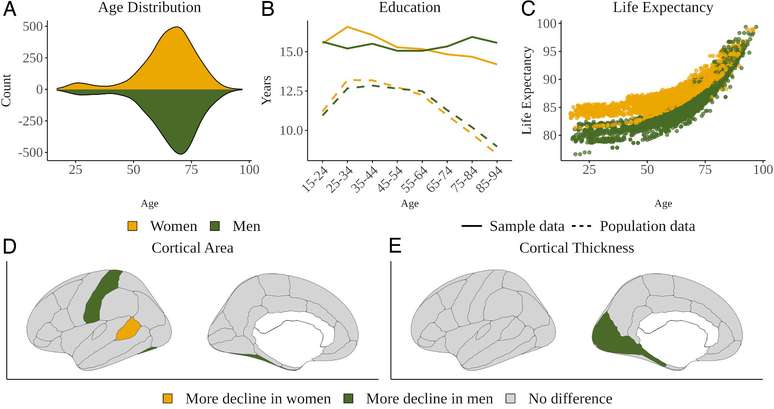The neuroscientist explains that the process of telling a lie is divided into several stages, using different regions of the brain
This Saturday (1st) we celebrate the Day of Lies, a tradition introduced in Brazil in 1828, with the printed news of Minas Gerais “A Mentira”. In its first edition, the periodical had the death of Dom Pedro I on the cover, and the publication took place on April 1st. Since then, it has become common in dating to use false stories with a humorous tone, play pranks, and prank friends and family by telling lies. But do you know what happens in your brain when you lie?
According to neuroscience PhD, Dr. Fabiano de Abreu, our brain uses different areas to lie and make speech believable. “Telling a lie takes a few steps: first, deciding you’re going to lie; second, formulating a believable lie; and third, pretending to be true,” he explains.
According to him, the first stage has a direct connection with the prefrontal, ventromedial and orbitofrontal cortex. These are areas of the brain responsible for analyzing values to make a decision. In this case, the decision to omit a fact and replace it with something more favorable.
“The second step, formulating a believable lie, is the most complex. We use the temporal lobe to analyze memories, emotions and visual images, the anterior cingulate cortex for self-control, and the frontal lobe to add rationality touches to the new narrative, leaving -the most believable”, the neuroscientist details.
“Finally, it is necessary to convey the real picture. For this, the most used area is the anterior cingulate cortex, responsible for self-control to ‘tame’ the limbic system. It is related to the sense of guilt for telling a lie and can generate physical signs of nervousness”, says Dr. Fabiano, on information contained in a study carried out on “Mitomania”.
Mythomania: The compulsive desire to tell lies
Mythomania is a disorder that affects children and adults. It generates a compulsion to tell lies, even if they are not related to any benefit, explains the neuroscientist. The disorder can cause various consequences on the individual’s social life and can also be associated with other conditions, such as antisocial personality, anxiety and hyperactivity.
So next time you think that telling a lie might be the easiest way out of a certain situation, remember that Your brain works harder telling a lie than telling the truth.
Source: Terra
Ben Stock is a lifestyle journalist and author at Gossipify. He writes about topics such as health, wellness, travel, food and home decor. He provides practical advice and inspiration to improve well-being, keeps readers up to date with latest lifestyle news and trends, known for his engaging writing style, in-depth analysis and unique perspectives.






![Tomorrow belongs to us: What awaits you in the episodes of 2052 and 2053 on October 15, 2025 [SPOILERS] Tomorrow belongs to us: What awaits you in the episodes of 2052 and 2053 on October 15, 2025 [SPOILERS]](https://fr.web.img6.acsta.net/img/39/95/3995a2d00abbf3c01161818d01a95388.jpg)


